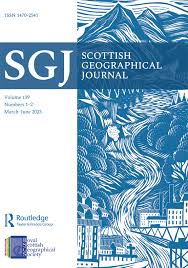‘We need to stay alive’: ethnicisation
and shortage of farm labour in Hungary
This article fills a gap in the international academic literature, which has little to say on agricultural labour in Central and Eastern European countries and especially Hungary. The paper reveals factors that determine the ethnicisation and problematic availability of seasonal agricultural labourers in Hungary, made up mainly, but not exclusively of people of Roma ethnicity, largely Ukrainian or Romanian citizens from Hungarian minorities in Trans-Carpathia or Transylvania. The flexible oscillation of low-skilled labour across different economic sectors explains why a shortage peaked between 2016 and 2019 when, in addition to agriculture, the local states (through public works programmes) and industry (as post-crisis growth returned) competed for the same labour. The paper discusses findings from qualitative research, undertaken in an inner peripheral rural region, portraying the strategies and practices of local fruit-growing farmers to obtain labour, as well as diversify and mechanise. The study illustrates the mutual dependency of farmers and the local manual workforce. It is likely, however, that this mutuality will not last long: differentiation in farm structure will continue, some small orchards will disappear, large ones will become stronger and larger, and in doing so will not be able to avoid opting for migrant labour.
Keywords: Agricultural labour, labour shortage, ethnicisation, Hungary



